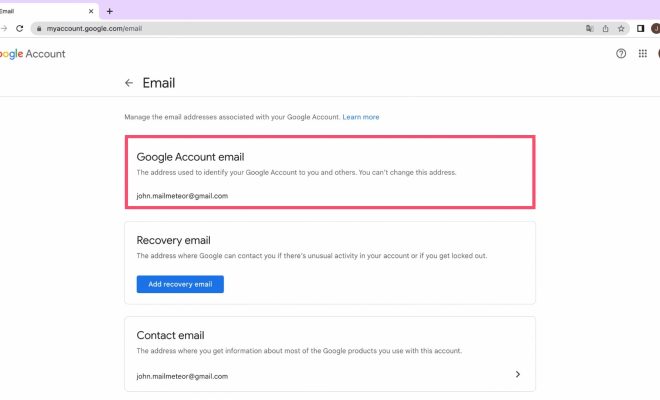Ways Your WhatsApp Messages Can Be Hacked

WhatsApp is one of the most popular instant messaging apps in the world, with more than 2 billion users globally. While it is popular for its end-to-end encryption, it turns out that WhatsApp messages can still be hacked, leaving sensitive information and privacy at risk. In this article, we’ll explore some ways your WhatsApp messages can be hacked and what you can do to protect yourself.
1. Social Engineering
Social engineering is the art of manipulating people to divulge their sensitive information, such as passwords and confidential data. This is the most common way hackers get their hands on your WhatsApp account. They may pretend to be a friend, family member, or someone you know and request your WhatsApp verification code. In most cases, they will come up with some excuse as to why they need it, and if you give in, they will gain access to your account.
To avoid falling for such an attack, always be cautious when sharing any sensitive information, such as verification codes. Only share it with someone you trust and know well.
2. Spyware
Spyware is a type of malware that can monitor your device’s activities, including your WhatsApp messages. Hackers can infect your device with spyware by tricking you into installing a malicious app or clicking on a link that contains spyware.
To keep your device safe from spyware attacks, always update your device’s security software, avoid downloading apps or clicking links from unknown sources, and avoid sharing personal information online.
3. SIM Swapping
SIM swapping is a fraudulent technique that involves hackers swapping a victim’s SIM card with their own SIM. This allows hackers to receive text messages sent to the victim’s phone number, including WhatsApp verification codes. Once the hacker has access to the verification code, they can reset your WhatsApp account and gain access to your messages.
To avoid becoming a victim of SIM swapping, contact your mobile service provider to set up additional verification steps before they enable any SIM swaps, such as passwords or PIN codes.
4. Public Wi-Fi
Public Wi-Fi is convenient, but it can also expose you to hackers who can intercept your WhatsApp messages, steal your password or personal data, and even spy on your online activities. These Wi-Fi hotspots are unsecured and can be manipulated by cybercriminals who are looking to exploit any vulnerabilities.
To avoid such attacks, avoid using public Wi-Fi unless it’s necessary. If you must connect to a public Wi-Fi network, use a VPN to encrypt your online activities and protect your data.






